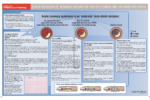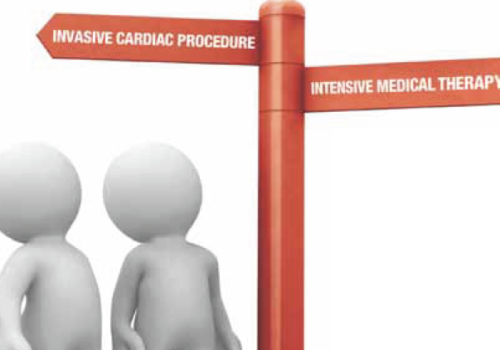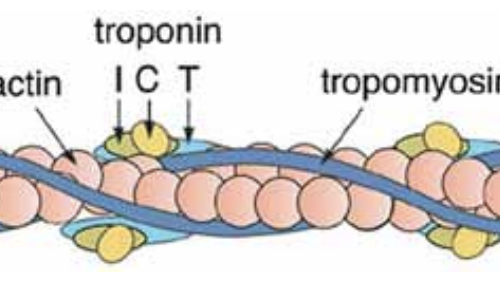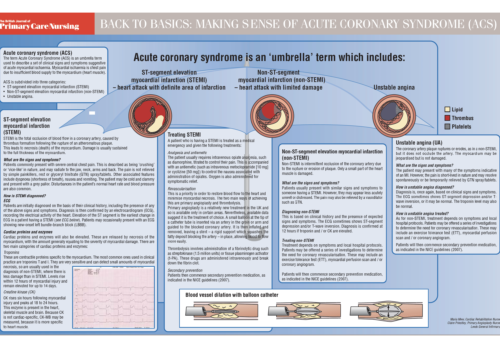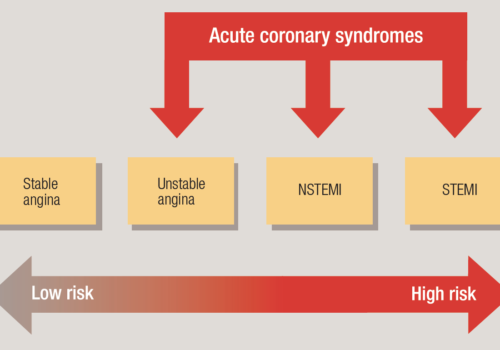Abnormal glucose metabolism in people admitted to hospital experiencing an acute coronary syndrome (ACS) strongly predicts development of type 2 diabetes and future cardiovascular events. This paper describes a prospective nine-month parallel design randomised intervention trial involving people admitted to the Wellington Regional Heart and Lung Unit with ACS and hyperglycaemia.
